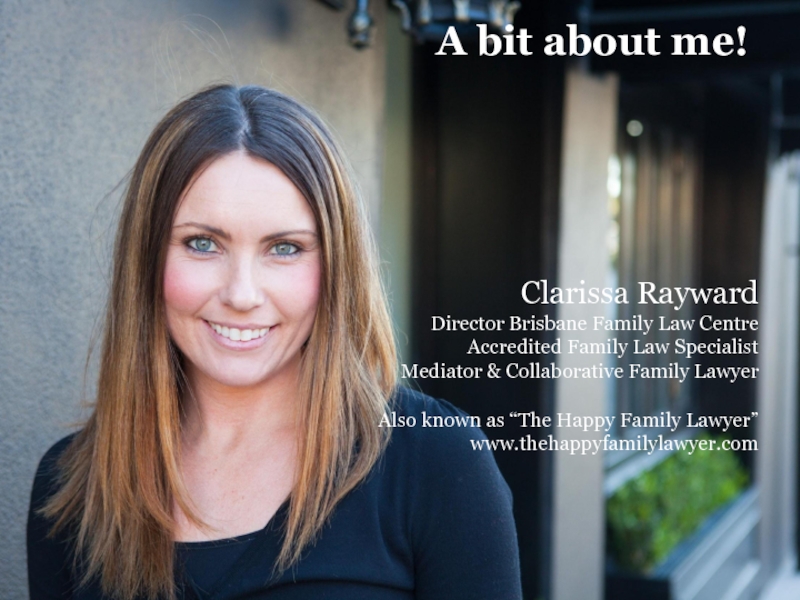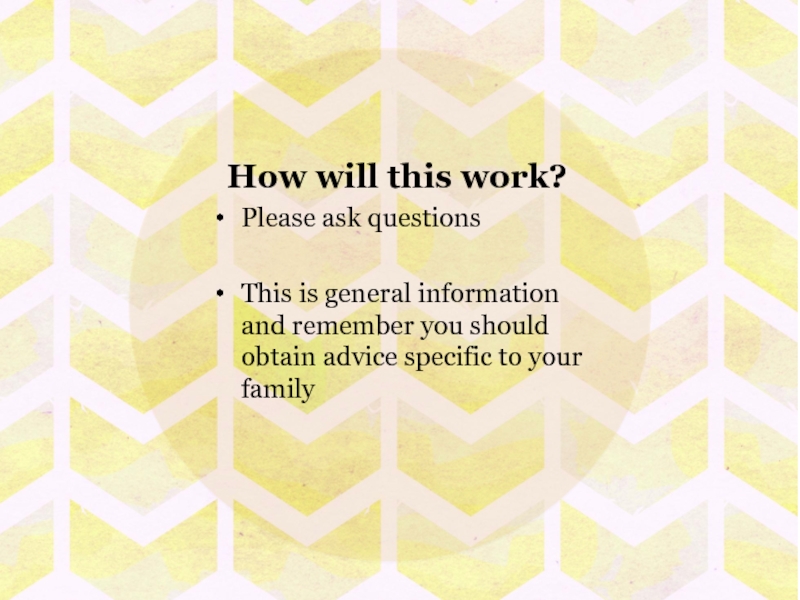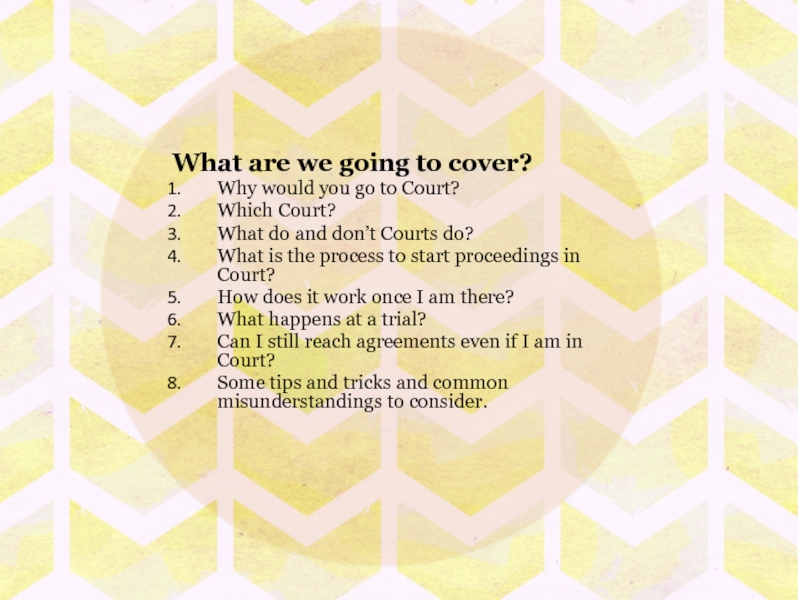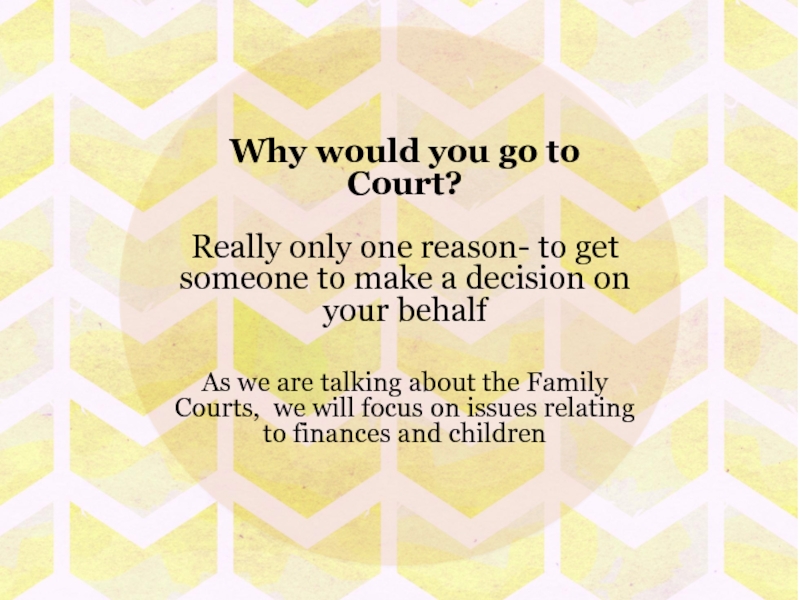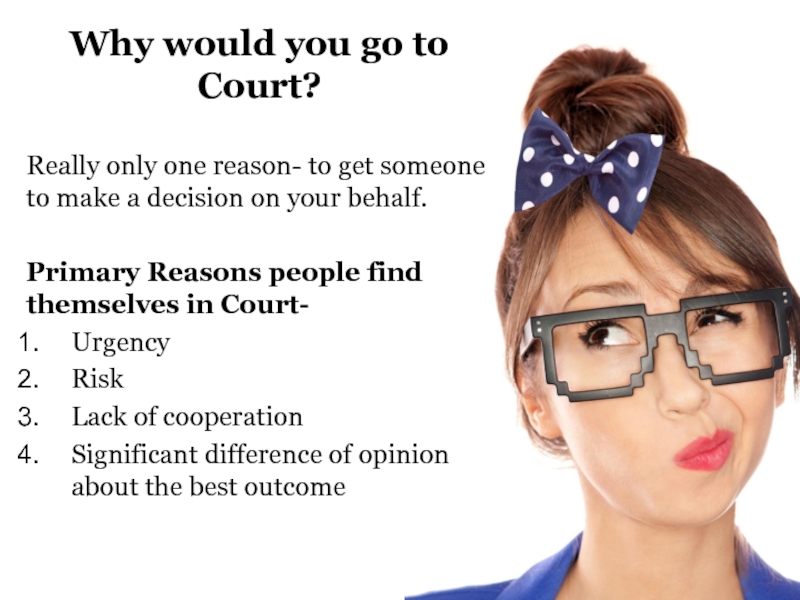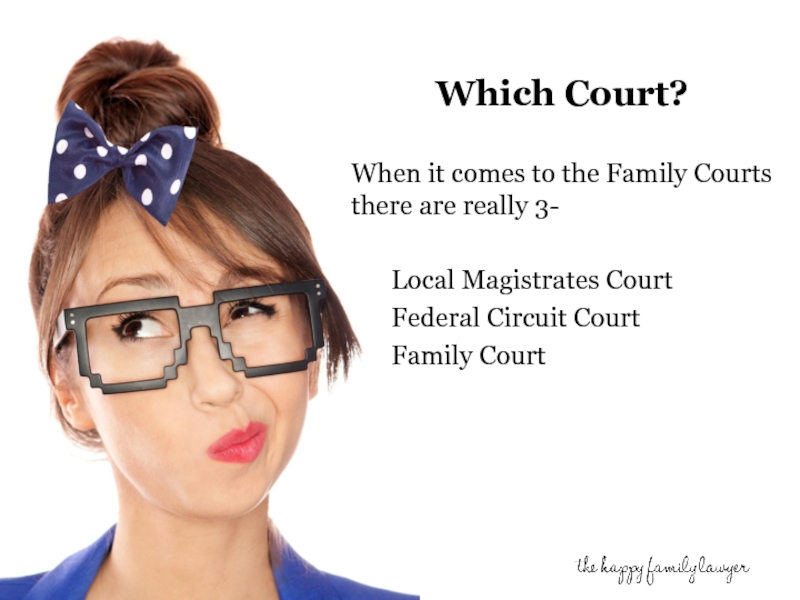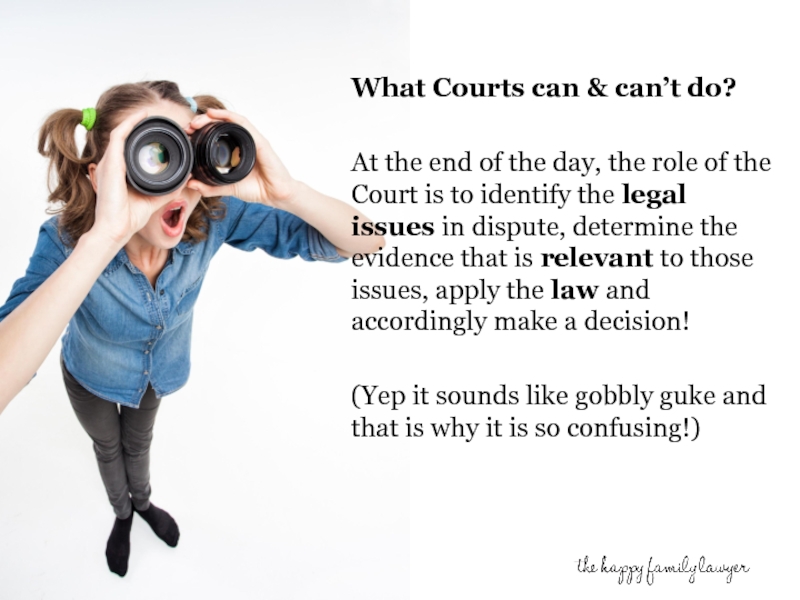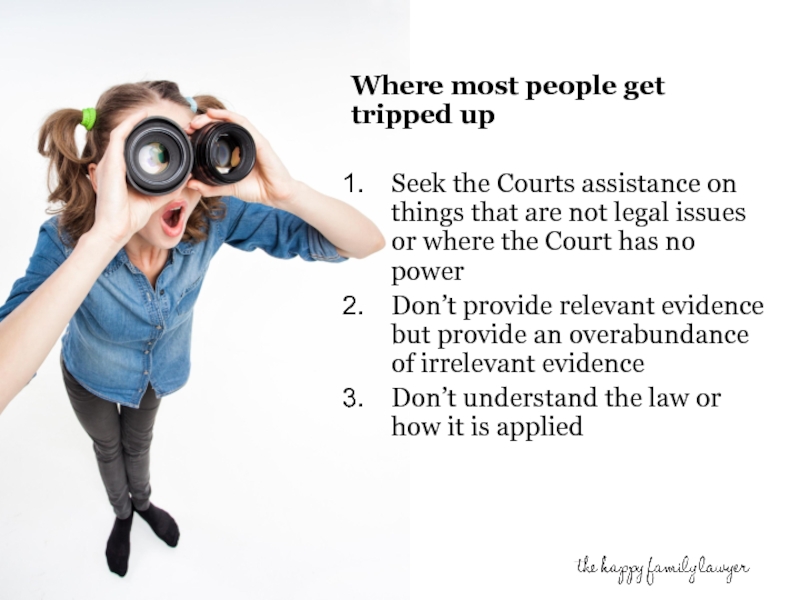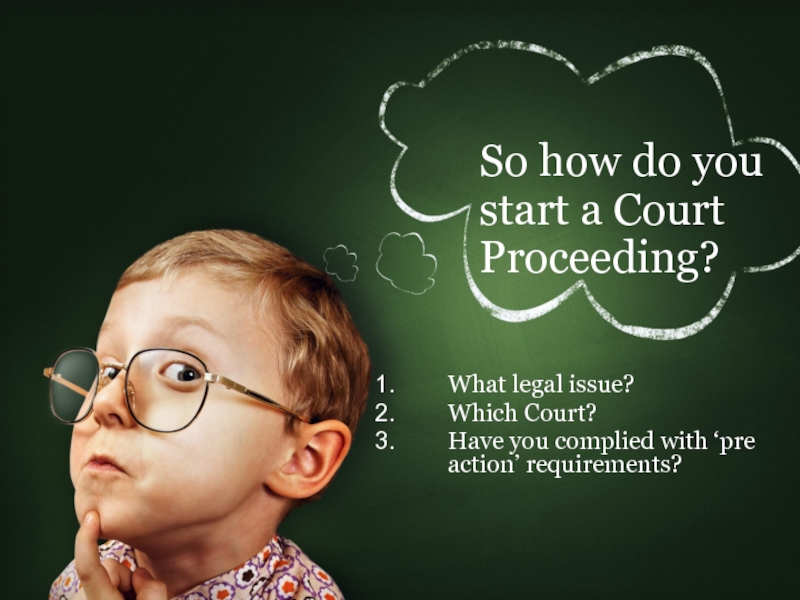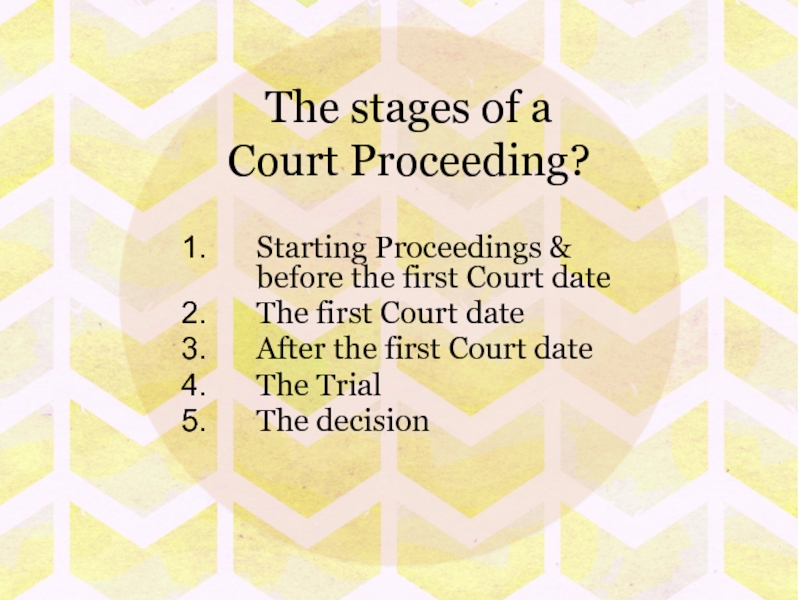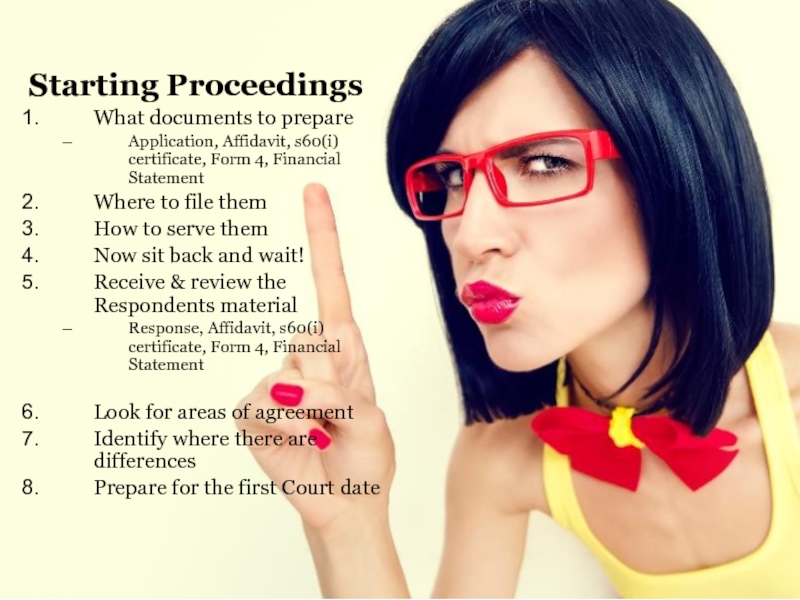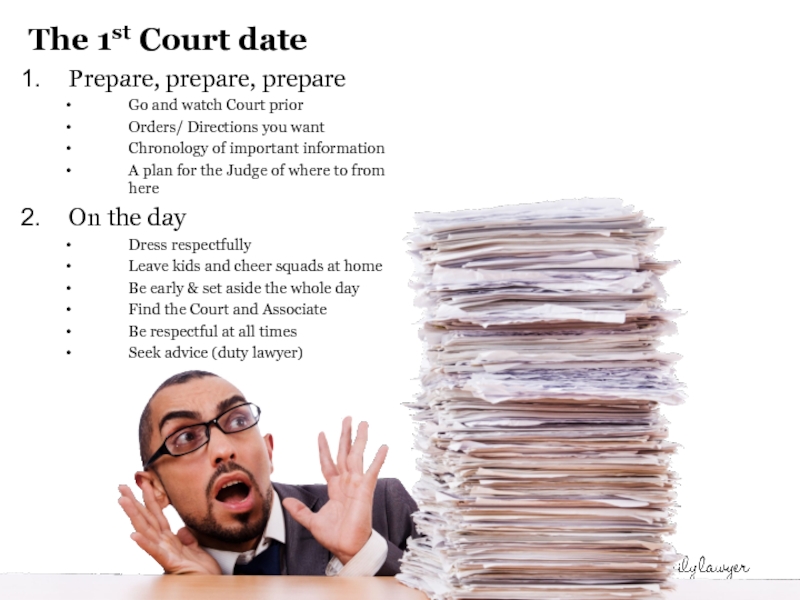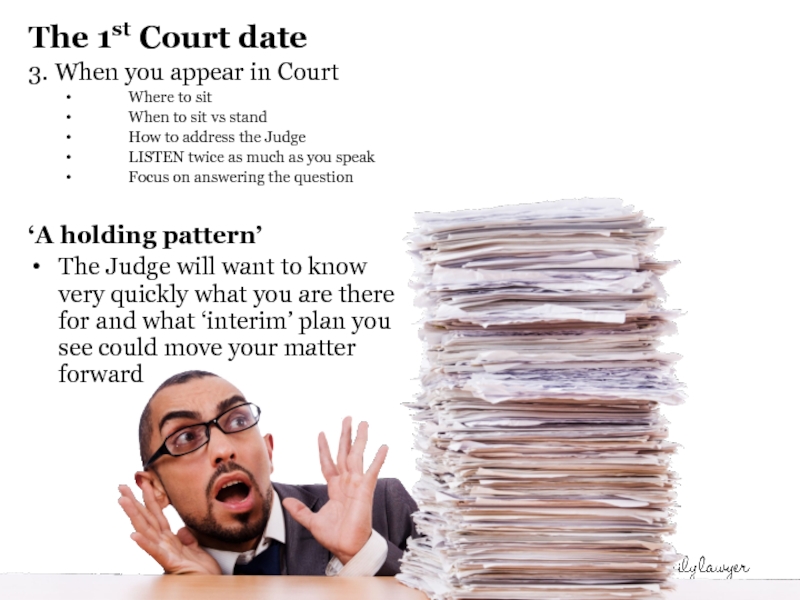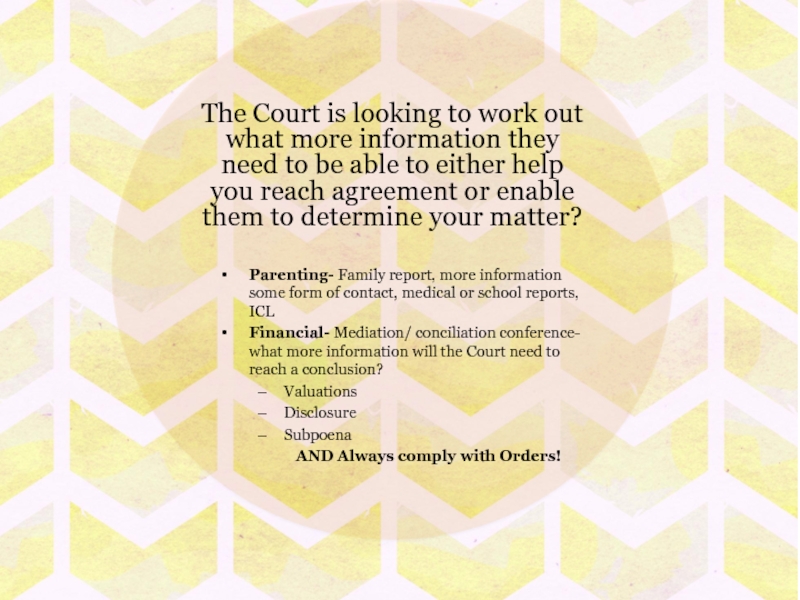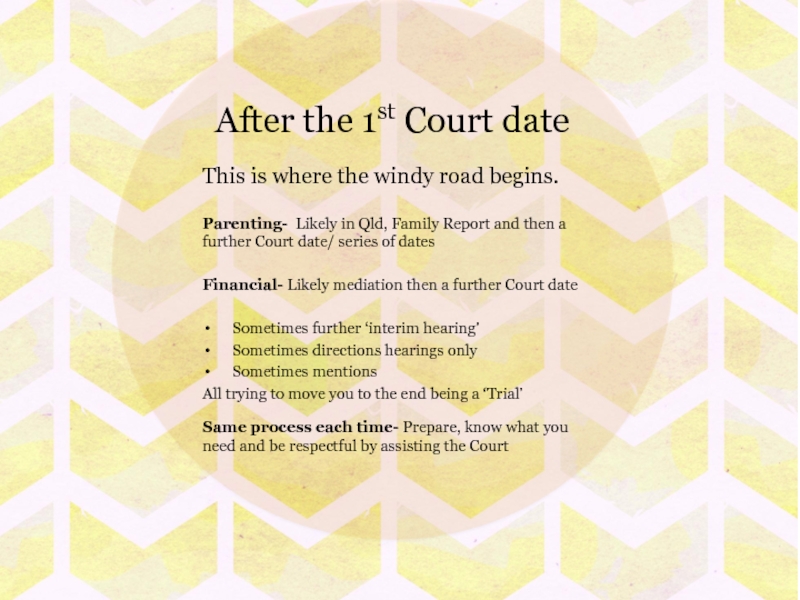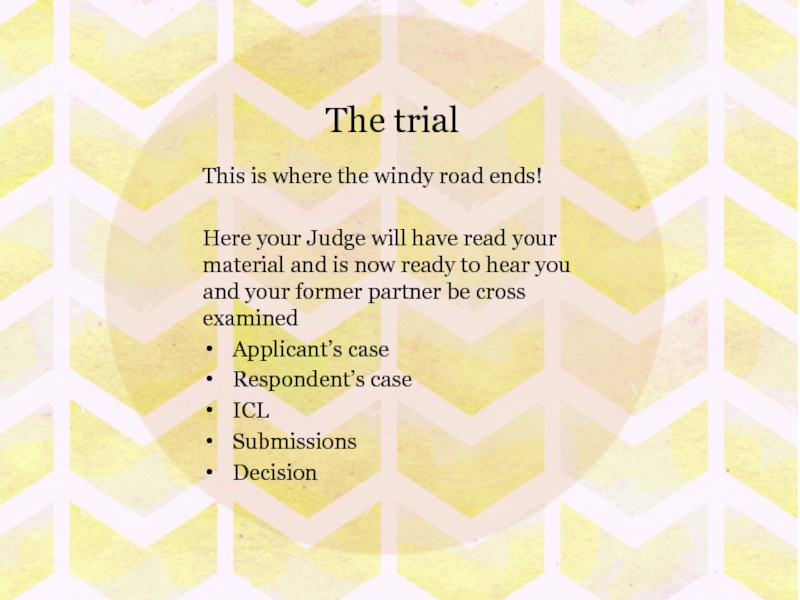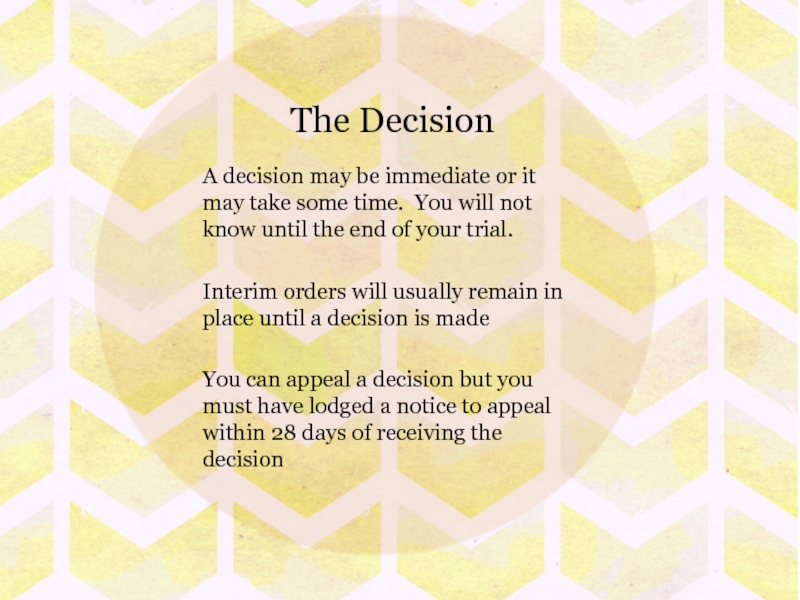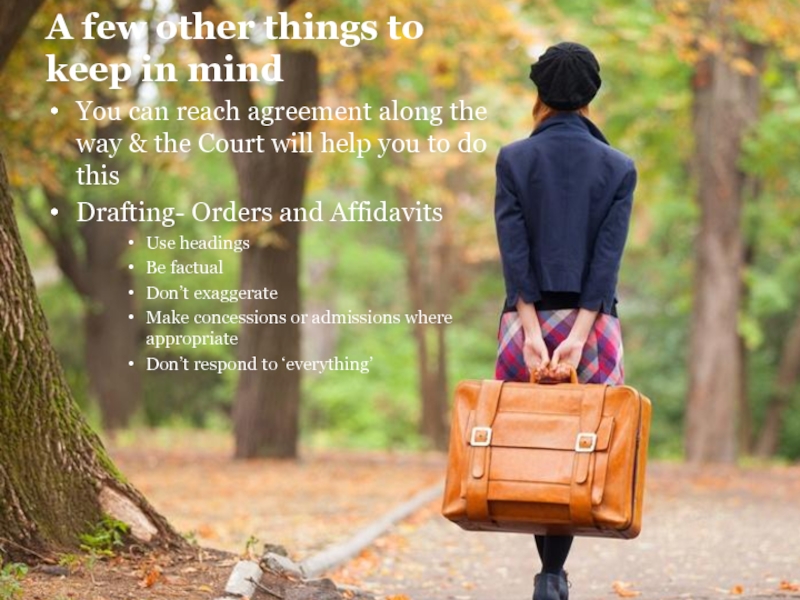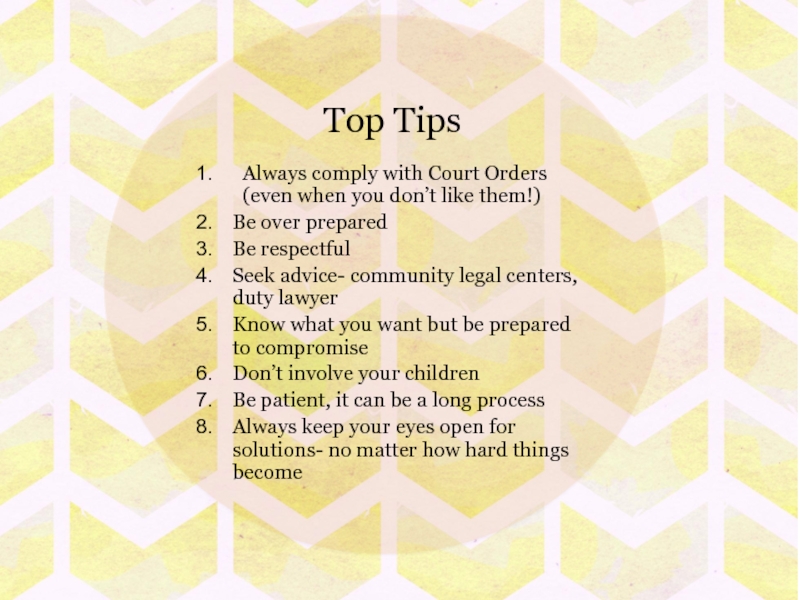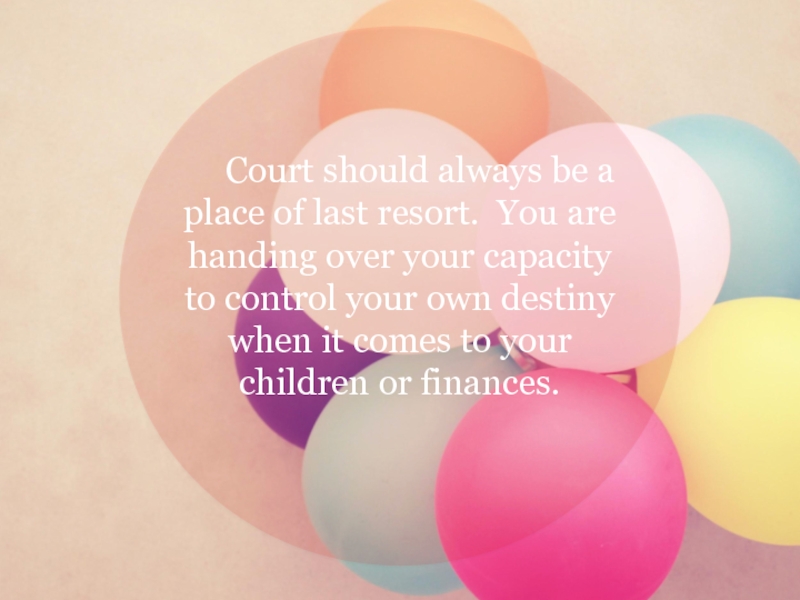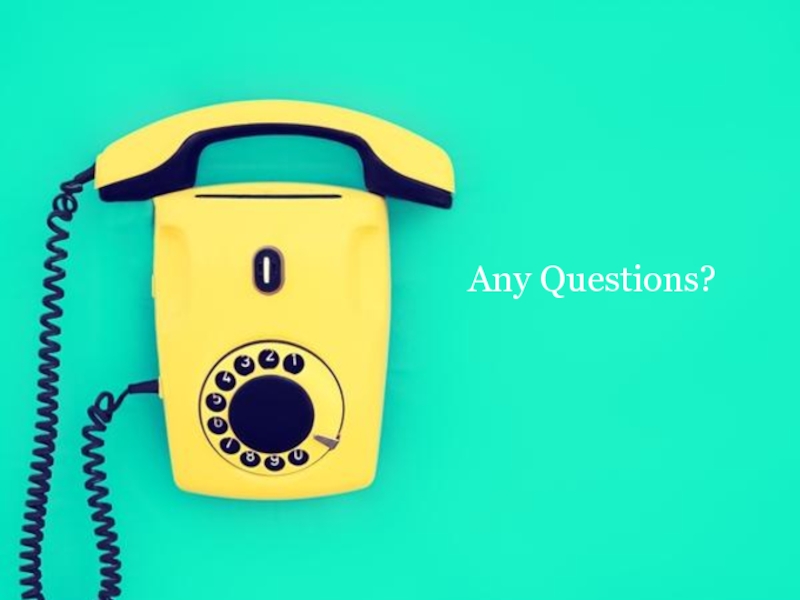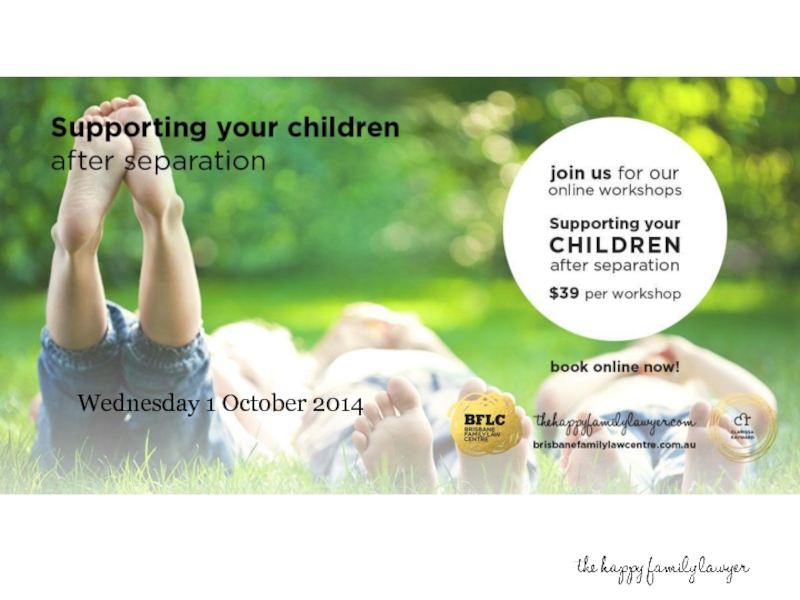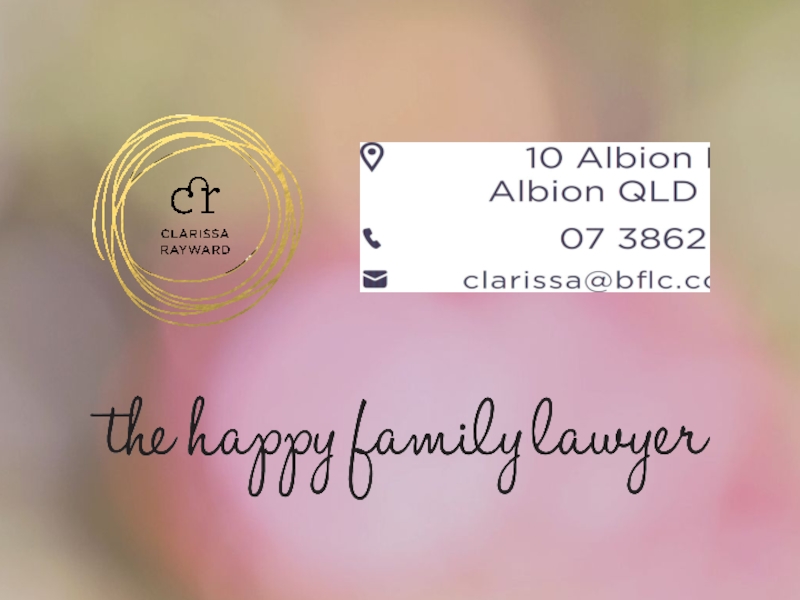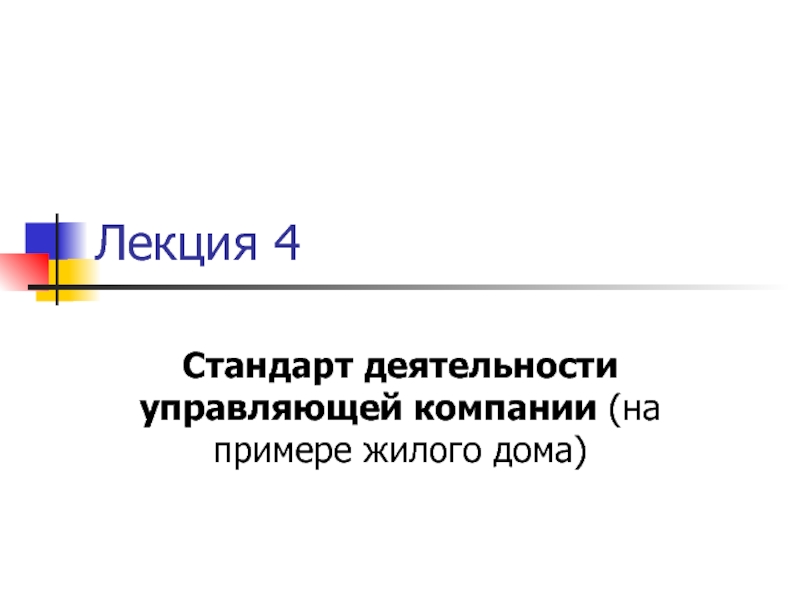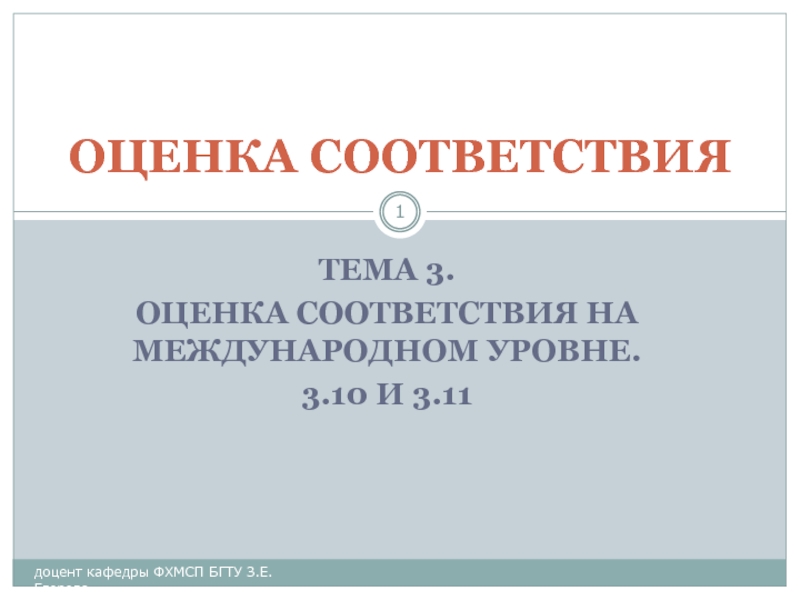- Главная
- Разное
- Дизайн
- Бизнес и предпринимательство
- Аналитика
- Образование
- Развлечения
- Красота и здоровье
- Финансы
- Государство
- Путешествия
- Спорт
- Недвижимость
- Армия
- Графика
- Культурология
- Еда и кулинария
- Лингвистика
- Английский язык
- Астрономия
- Алгебра
- Биология
- География
- Детские презентации
- Информатика
- История
- Литература
- Маркетинг
- Математика
- Медицина
- Менеджмент
- Музыка
- МХК
- Немецкий язык
- ОБЖ
- Обществознание
- Окружающий мир
- Педагогика
- Русский язык
- Технология
- Физика
- Философия
- Химия
- Шаблоны, картинки для презентаций
- Экология
- Экономика
- Юриспруденция
So you are going to court! An overview of what you need to know if you are in the Family Courts презентация
Содержание
- 2. A bit about me!
- 3. How will this work? Please ask
- 4. What are we going to cover?
- 5. Why would you go to Court?
- 6. Why would you go to Court?
- 7. Which Court? When it comes to
- 8. What Courts can & can’t do?
- 9. Where most people get tripped up
- 10. So how do you start a Court
- 11. The stages of a Court Proceeding?
- 12. Starting Proceedings What documents to prepare Application,
- 13. The 1st Court date Prepare, prepare, prepare
- 14. The 1st Court date 3. When you
- 15. The Court is looking to work
- 16. After the 1st Court date
- 17. The Trial- a time to imagine yourself
- 18. The trial This is where
- 19. The Decision A decision may
- 20. A few other things to keep in
- 21. Top Tips Always comply with
- 22. Court should always be
- 23. Any Questions?
- 24. Wednesday 27 August 12.30pm
- 25. THANK YOU!
Слайд 2 A bit about me!
Clarissa Rayward
Director Brisbane Family Law Centre
Accredited Family Law
Mediator & Collaborative Family Lawyer
Also known as “The Happy Family Lawyer”
www.thehappyfamilylawyer.com
Слайд 3
How will this work?
Please ask questions
This is general information and remember
Слайд 4
What are we going to cover?
Why would you go to Court?
Which
What do and don’t Courts do?
What is the process to start proceedings in Court?
How does it work once I am there?
What happens at a trial?
Can I still reach agreements even if I am in Court?
Some tips and tricks and common misunderstandings to consider.
Слайд 5
Why would you go to Court?
Really only one reason- to get
As we are talking about the Family Courts, we will focus on issues relating to finances and children
Слайд 6Why would you go to Court?
Really only one reason- to get
Primary Reasons people find themselves in Court-
Urgency
Risk
Lack of cooperation
Significant difference of opinion about the best outcome
Слайд 7Which Court?
When it comes to the Family Courts there are really
Local Magistrates Court
Federal Circuit Court
Family Court
Слайд 8What Courts can & can’t do?
At the end of the day,
(Yep it sounds like gobbly guke and that is why it is so confusing!)
Слайд 9Where most people get tripped up
Seek the Courts assistance on things
Don’t provide relevant evidence but provide an overabundance of irrelevant evidence
Don’t understand the law or how it is applied
Слайд 10So how do you start a Court Proceeding?
What legal issue?
Which Court?
Have
Слайд 11
The stages of a Court Proceeding?
Starting Proceedings & before the first
The first Court date
After the first Court date
The Trial
The decision
Слайд 12Starting Proceedings
What documents to prepare
Application, Affidavit, s60(i) certificate, Form 4, Financial
Where to file them
How to serve them
Now sit back and wait!
Receive & review the Respondents material
Response, Affidavit, s60(i) certificate, Form 4, Financial Statement
Look for areas of agreement
Identify where there are differences
Prepare for the first Court date
Слайд 13The 1st Court date
Prepare, prepare, prepare
Go and watch Court prior
Orders/ Directions
Chronology of important information
A plan for the Judge of where to from here
On the day
Dress respectfully
Leave kids and cheer squads at home
Be early & set aside the whole day
Find the Court and Associate
Be respectful at all times
Seek advice (duty lawyer)
Слайд 14The 1st Court date
3. When you appear in Court
Where to sit
When
How to address the Judge
LISTEN twice as much as you speak
Focus on answering the question
‘A holding pattern’
The Judge will want to know very quickly what you are there for and what ‘interim’ plan you see could move your matter forward
Слайд 15
The Court is looking to work out what more information they
Parenting- Family report, more information some form of contact, medical or school reports, ICL
Financial- Mediation/ conciliation conference- what more information will the Court need to reach a conclusion?
Valuations
Disclosure
Subpoena
AND Always comply with Orders!
Слайд 16
After the 1st Court date
This is where the windy road begins.
Parenting-
Financial- Likely mediation then a further Court date
Sometimes further ‘interim hearing’
Sometimes directions hearings only
Sometimes mentions
All trying to move you to the end being a ‘Trial’
Same process each time- Prepare, know what you need and be respectful by assisting the Court
Слайд 18
The trial
This is where the windy road ends!
Here your Judge will
Applicant’s case
Respondent’s case
ICL
Submissions
Decision
Слайд 19
The Decision
A decision may be immediate or it may take some
Interim orders will usually remain in place until a decision is made
You can appeal a decision but you must have lodged a notice to appeal within 28 days of receiving the decision
Слайд 20A few other things to keep in mind
You can reach agreement
Drafting- Orders and Affidavits
Use headings
Be factual
Don’t exaggerate
Make concessions or admissions where appropriate
Don’t respond to ‘everything’
Слайд 21
Top Tips
Always comply with Court Orders (even when you don’t like
Be over prepared
Be respectful
Seek advice- community legal centers, duty lawyer
Know what you want but be prepared to compromise
Don’t involve your children
Be patient, it can be a long process
Always keep your eyes open for solutions- no matter how hard things become

